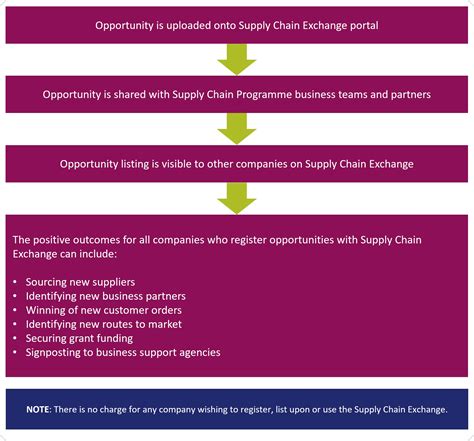Liquidity, Supply Chain, Exchange Listing
2 min read
The Future of Finance: Exploring the Intersections of Crypto, Liquidity, Supply Chain, and Exchange Listings
The world of finance is undergoing a significant transformation, with blockchain technology playing a pivotal role in shaping its future. Cryptocurrencies, decentralized exchanges (DEXs), liquidity provision, supply chain management, and exchange listing are key areas that are experiencing rapid growth and innovation. In this article, we will delve into the intersections between these four critical components of the finance landscape.
Cryptocurrencies: The Birthplace of Decentralized Finance
Cryptocurrencies such as Bitcoin, Ethereum, and others have revolutionized the way people think about money and financial transactions. These digital assets offer a level of decentralization, security, and efficiency that traditional fiat currencies cannot match. Cryptocurrencies are designed to be decentralized, meaning that there is no central authority controlling them.
The decentralized nature of cryptocurrencies has led to an explosion in adoption across various industries, including supply chain management (SCM). Companies like Walmart, Amazon, and Maersk have implemented blockchain-based systems for tracking inventory, verifying authenticity, and ensuring compliance with regulations. This integration of cryptocurrency into the traditional supply chain process creates new opportunities for increased transparency, reduced counterfeiting, and improved efficiency.
Liquidity Provision: The Role of DeFi

Liquidity provision is a critical aspect of maintaining financial stability in the absence of traditional banking systems. Traditional banks have limited ability to provide liquidity due to their risk aversion and regulatory requirements. Blockchain-based decentralized finance (DeFi) platforms are designed to fill this gap by creating a decentralized, transparent, and trustless system for buying and selling cryptocurrencies.
Decentralized exchanges (DEXs), like Uniswap, SushiSwap, and Curve, have become the go-to marketplaces for trading cryptocurrencies. DEXs provide an efficient way to buy, sell, and trade cryptocurrencies without the need for intermediaries or traditional banking systems. The liquidity provided by DeFi platforms has reduced transaction costs, increased speed, and improved overall efficiency.
Supply Chain Management: Blockchain-Based Solutions
Blockchain technology is being increasingly adopted across various industries, including supply chain management (SCM). Companies like Maersk, Walmart, and Amazon have implemented blockchain-based solutions to track inventory, verify authenticity, and ensure compliance with regulations.
One of the key benefits of blockchain-based SCM is reduced counterfeiting. By creating a transparent and tamper-proof ledger, companies can verify the authenticity of goods and reduce the risk of counterfeit products entering the market. Blockchain-based solutions also enable real-time monitoring and tracking of inventory, allowing companies to respond quickly to changes in demand.
Exchange Listings: A New Era of Regulatory Compliance
Blockchain-based exchanges have revolutionized the way companies list their securities on public markets. Traditional exchange listings require significant resources, expertise, and infrastructure investments. In contrast, blockchain-based exchanges can be launched with minimal setup costs and reduced regulatory risks.
The rise of decentralized exchanges (DEXs) has created a new era for regulatory compliance in the cryptocurrency space. DEXs provide an open-source platform for listing securities without the need for centralized control or intermediaries. This approach enables companies to list their securities more efficiently, while reducing regulatory burdens.

